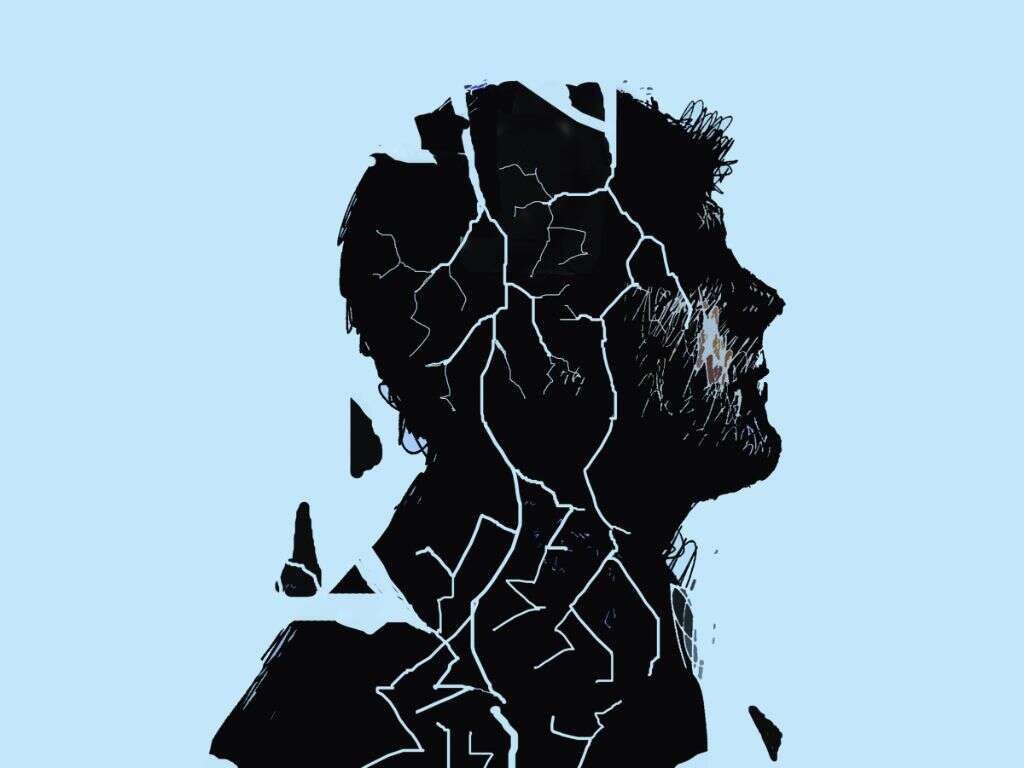What Is Conversion Disorder?
Some neurological diseases and other medical conditions seem unexplainable. Individuals appear to have severe nervous system issues that affect their movement and senses and have no clear causes. Many of these cases may be classified as conversion disorder cases. This mental disorder goes by other names and is characterized by severe movement and sensory issues that aren’t caused by a known or explainable medical condition.
Learn more about this complex neurological disorder today. Explore the signs, symptoms, treatment options and prevention strategies to determine how you can receive assistance or assist a loved one. Don’t let this complex and debilitating disorder go untreated, but determine how you or someone important to you can receive professional treatment. Understand how this disorder relates to other neurological issues and why medical treatment is essential to prevent complications and to promote a quick, successful recovery.

1. What Is Conversion Disorder?
This rare mental disorder typically occurs after a stressful and emotional life event. An individual has reactions to a painful or extremely stressful event that appear to be caused by other medical conditions. The symptoms vary, but the common feature is that they aren’t directly caused by bodily damage or other issues. Some symptoms are extreme and debilitating, while others are more minor. A true diagnosis of conversion disorder requires symptoms to be extreme enough to affect the person in distinct ways.
There is some evidence that conversion disorder can actually cause neurological changes related to the symptoms of the disorder. It typically occurs due to a psychological conflict in the individual, particularly if the person has great difficulty explaining his or her feelings. Unlike some mental disorders, individuals suffering from conversion disorder aren’t trying to be deceptive with their symptoms. While the symptoms have no direct physical cause, the sufferers truly feel the pain and believe they are injured. This disorder isn’t a conscious deception by the sufferer, so he or she may be unaware that the cause is primarily neurological.

2. How Common Is It?
Conversion disorder is labeled a rare mental illness. According to the National Organization for Rare Diseases, fewer than 25 cases are reported per 100,000 individuals. This disorder is more common in women than in men and particularly more common in individuals who face difficulties discussing their feelings. While these people aren’t aware of it, their bodies may be using physical pain and discomfort to sort through painful emotional thoughts and memories. Violent, angry thoughts may cause someone to lose feeling or control of a limb, for example.
For many individuals, symptoms are short-lived. As many as 50-90% of patients with conversion disorder in a hospital will recover from their symptoms before they are discharged. Up to 25% of patients will have a relapse within a year, so it’s still important to seek treatment options. Continued symptoms without treatment can cause serious issues or continue to affect the patient with long-term complications.

3. What Are Common Symptoms That Affect Movement?
Most symptoms of conversion disorder can be characterized as movement-related or sensory. Movement-related symptoms include difficulties walking, tremors and loss of balance. In some cases, episodes of unresponsiveness or paralysis can occur. These major symptoms don’t feature any of the medical signs typically associated with these symptoms, so they are categorized as a neurological disorder. Although the causes are neurological, it’s essential to receive relief and care for these symptoms. The physical features of this disorder can cause long-term issues without proper care.
Minor movement-related symptoms can also occur. Difficulty swallowing, shaking and general weakness can create difficulties for those diagnosed with conversion disorder. Many cases only include these minor movement symptoms and instead result in a number of sensory signs and symptoms. Compare these symptoms with those related to the senses to see how the effects of conversion disorder can vary.

4. What Symptoms Affect the Senses?
Similar to the movement-related signs and symptoms, those that affect the senses can range from major to minor difficulties. Major difficulties include complete numbness, deafness, blindness and the inability to speak. Any number of these can affect a single individual. Some cases present only a single sense-related symptom, while others affect many or all of the senses. Major symptoms can create more long-term issues without proper diagnosis and care, so it’s essential to work closely with a health care professional to receive care for these symptoms.
Minor sensory issues are also linked to conversion disorder. Look for signs of hearing problems, double vision, slurred speech or slight numbness in those experiencing sense-related signs and symptoms. It’s important to determine whether these symptoms are related to another medical condition or caused by a stress-related response.

5. What Causes Conversion Disorder?
The cause of conversion disorder remains unknown. There are many theories regarding the causes and factors related to this disorder, but so far researchers have been unable to establish a positive cause. The most common theory is that it is caused by stress response. Many people who experience severe trauma undergo changes in their brain that affect the control centers of muscles and senses.
Whether the traumatic event is primarily emotional or physical, intense events can change brain chemistry on the metabolic, cellular or structural level. Some individuals can identify a particular traumatic event that may be linked to the disorder, while others cannot recall a particularly stressful or traumatic episode that may have caused the disorder.

6. How Is It Diagnosed?
The most important step in conversion disorder diagnosis is to rule out alternative causes of the symptoms. A patient with another disease, disorder or damage to the brain has another medical condition that may have caused the particular movement or sense symptoms. Once other causes are ruled out there are a few criteria that health care professionals must observe before giving a diagnosis.
First, there should be one or more symptoms related to neurological dysfunction. These symptoms should have no reliable physical explanations, and the entire set of symptoms should have no known medical explanation. The case should also show significant enough impairment and distress to require medical attention or evaluation.

7. Can It Be Treated?
Some cases of this disorder will resolve in a reasonable amount of time on their own. While patients aren’t initially aware of the nature of their case and aren’t attempting to deceive medical professionals with their symptoms, a known diagnosis can often remove anxiety and reduce symptoms.
For many other people, however, this disorder requires therapy and/or treatment related to the particular symptoms. These individuals experience severe pain or trauma from their symptoms and require patient guidance to recovery. Health care professionals typically recommend counseling or hypnosis for the mental causes of this disorder. Occasionally, physical therapy, occupational therapy and other treatment related to the physical symptoms may be required.

8. Are There Any Prevention Strategies?
There appear to be several risk factors that increase the chance of this neurological disorder. Avoiding these risk factors or receiving counseling for them may lessen the risk and prevent the onset of conversion disorder. Because the exact causes are unknown, there are no proven prevention strategies for this disorder.
Common risk factors include recent physical or emotional trauma or significant stress. Other patients may have a history of sexual abuse, physical abuse or neglect. Other cases seem to be linked to other neurological disorders, whether in their past or in their family history. Mental health conditions related to anxiety and mood are particularly common risk factors, including anxiety disorder, personality disorders and dissociative disorder.

9. What Is the Outlook?
While some of the symptoms may be severe, most cases see reduced symptoms in a short period of time. There are risks of recurrence, mostly within a year of initial symptoms, and some individuals can experience these symptoms for weeks at a time. The traumatic event that appears to cause this disorder may affect the outlook, as does the timing and extent of therapy and intervention strategies.
Most symptoms go away within a few weeks, but complications related to the symptoms can last longer and require treatment. Long-lasting symptoms and complications are particularly common if conversion disorder is linked with other psychiatric disorders, treatment is delayed or the individual experiences severe tremors or seizures.

10. Are There Any Alternative Names?
Most healthcare professionals refer to conversion disorder as part of an entire category of functional neurological disorders. In the past, this disorder was referred to as hysterical neurosis, but the implications of the term hysterical have made this an obsolete term. Many professionals refer to the disorder as functional neurological symptom disorder, as it is largely related to the entire category of disorders.
This disorder may appear similar to factitious disorder, but the two have distinct features. Factitious disorder is a mental disorder where a person intentionally deceives health care professionals and creates symptoms that he or she knows are false. Work with a mental health professional to discuss the signs, symptoms, prognosis and treatment options of conversion disorder. Now that you understand the common signs of this disorder, explore treatment options related to a specific case or contact a health care professional if you believe you or someone you know may have this disorder.











